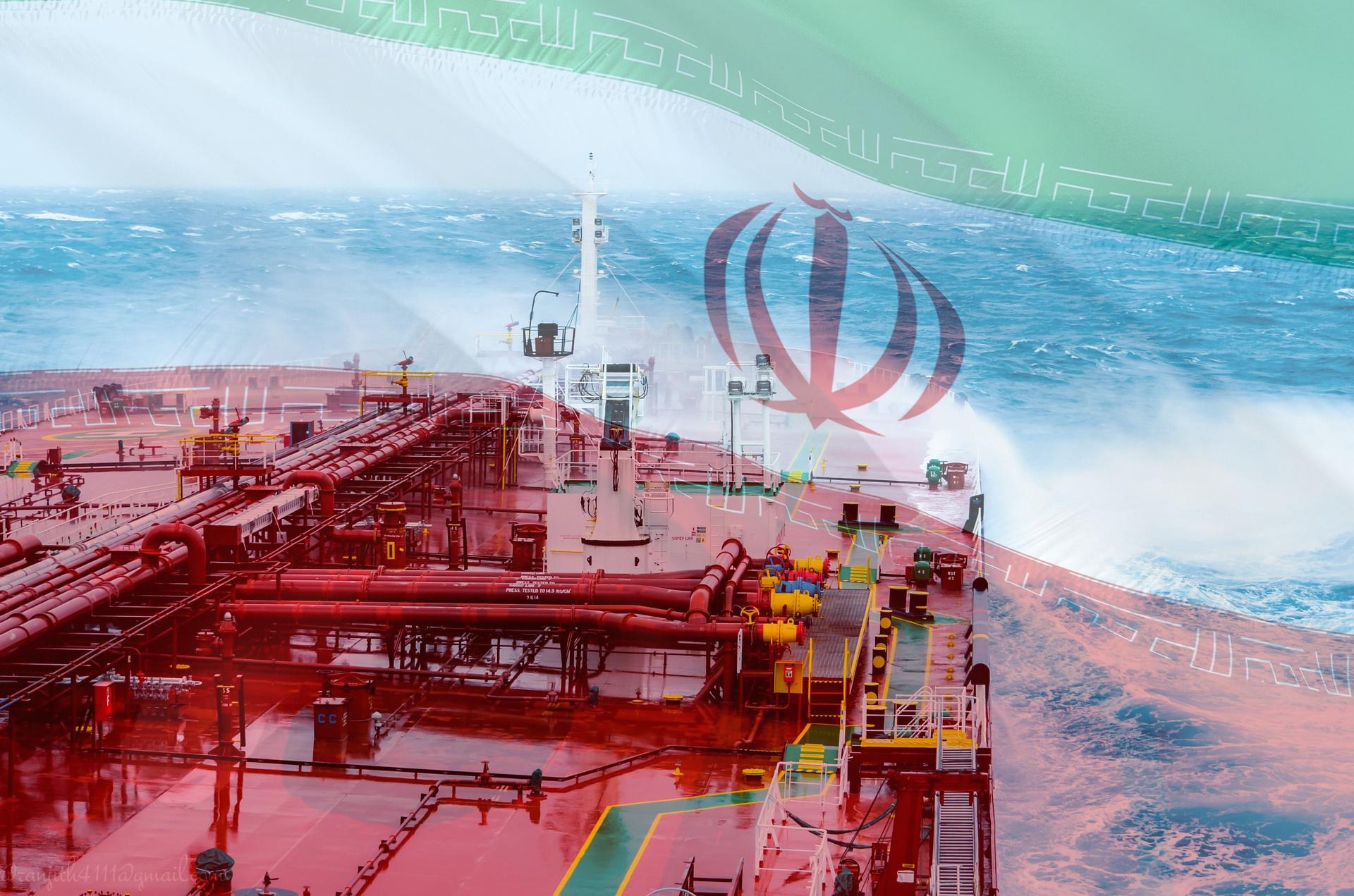Iran sanctions and its effects to tanker owners

Iran produces and exports oil. Approximately 80% of Iranian exports are related to oil. in May 2018 United States stated it will be pulling out from the international nuclear deal and reintroducing the sanctions targeting oil and shipping industry unless better deal is achieved. Russia, China and European nations will keep supporting the deal.
United States Treasury has announced it will sanction Iranian port operators, shipping lines, ship builders among many other oil and shipping related entities. Sanctions will be enforced from November 4th 2018, so there is still time to negotiate. (Full release available)
Like so often in international trade, the mere threat of sanctions is enough to cause serious damage in form of sliding stocks, weakening currency and decreased level of foreign investment. Europe is close ally of United States and has been caught between a rock and a hard place. EU has, however, seemingly picked its side and sided with Iran and wants to hold on with the nuclear deal like before.
EU on its own is a major market and thus not that dependent on it trade with US. Situation is completely reverse in Asia. Japan and Korea are highly dependent on their trade with the United States while simultaneously importing oil and products from Iran while Iran imports Japanese and Korean cars, semi-conductors and consumer goods. Now Korea and Japan find two of their good customers exchanging threats and sanctions.
Crude tankers have had hard time for a while now. Indices are down, and cargo is seemingly hard to find. Here you have one more thing to worry about. Will we soon see VLCC tankers becoming floating storage capacity? Maybe that way owners can get at least some income? This would reduce supply and hopefully increase prices. It’s a long shot nevertheless.
Especially Korean Hyundai Heavy Industries and its ship building division have found themselves in a deep trouble amid Iran – USA standoff. In late 2016 HHI ja US sanctioned Islamic Republic of Iran Shipping Lines (IRISL) agreed on a deal where HHI will build four 14,500 TEU box ships and six 49,000 dwt product tankers for IRISL. Price tag was $700 million USD. Deliveries were supposed to begin in second quarter of 2018. Well, they didn’t. US sanctions made the delivery impossible for Hyundai Heavy who was forced to adopt wait-and-see approach while looking for alternative arrangements to get deliveries done without violating the sanctions imposed by the United States
In container operations, CMA CGM is also about to withdraw from Iran. CMA CGM has offered Iranian containers links to Africa, Asia and Europe in cooperation with IRISL. Hapag-Lloyd is likely to follow and end its operations in Iran. MSC and Maersk already did so [1]. This seems to be to only way for them to avoid the secondary sanctions that companies would face if operating in Iran or with Iran.
Definitely another hard blow for crude tanker owners. Hopefully they can find their way out of this trouble before it is too late and we start see owners falling out completely.
[1] Baker, James. 5.6.2018. More carriers move to avoid Iran sanctions. Lloyd’s List Maritime intelligence
More carriers move to avoid Iran sanctions [Accessed 24.6.2018]
About Author

Tuomo Keltto
Tuomo Keltto is a logistics engineer who continued his studies in Seoul, South Korea. He studied at the Korean Government scholarship for a Master's degree in international trade and logistics. Now he is back in Finland and he works at Neste in Porvoo. - He has previously been in Steveco Hietanen for three summers as a temporary stevedore and as a foreman for one summer.
